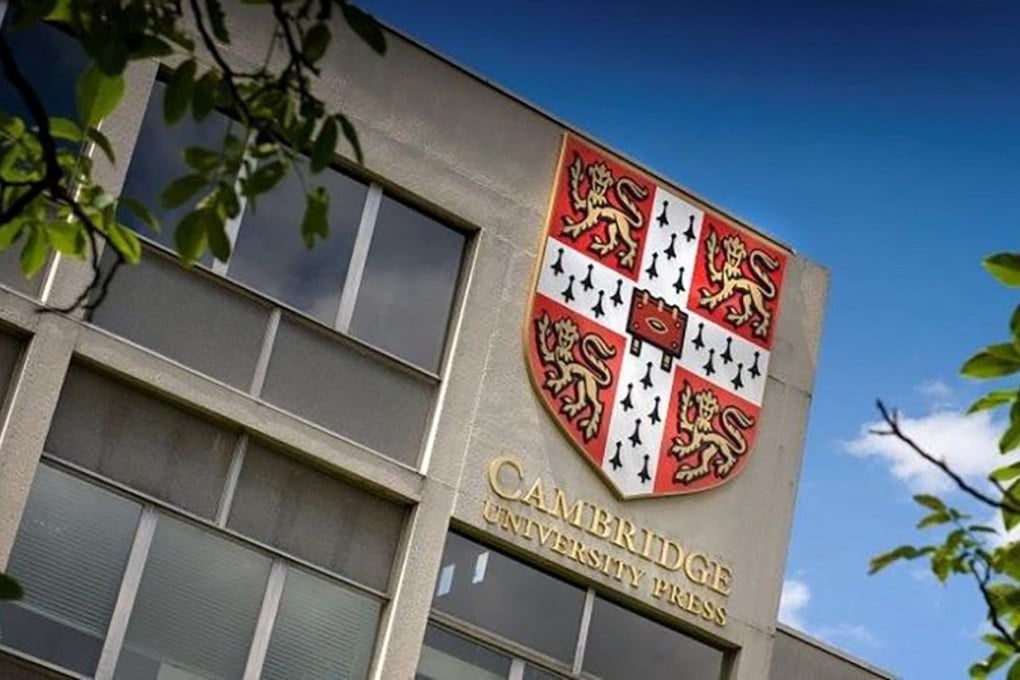Odd inclusions on Chinese censors’ crude Cambridge University Press blacklist
List may have been hastily compiled to send a message, observers say

Chinese censors seemed to have compiled an inconsistent blacklist of articles for Britain-based Cambridge University Press (CUP) to pull from its mainland China online platform, researchers said on Monday.
By late on Monday, CUP had decided to reverse its previous decision and would repost the articles immediately, Tim Pringle, editor of London-based The China Quarterly, said.
The publisher confirmed late last week that more than 300 academic articles from The China Quarterly were blocked on the mainland at the request of the General Administration of Press and Publication.
The administration sent the list to CUP via a book importer, according to Pringle.
Most of the banned papers touched on subjects like the Cultural Revolution, the 1989 Tiananmen Square protests, Tibet, Xinjiang and Hong Kong.